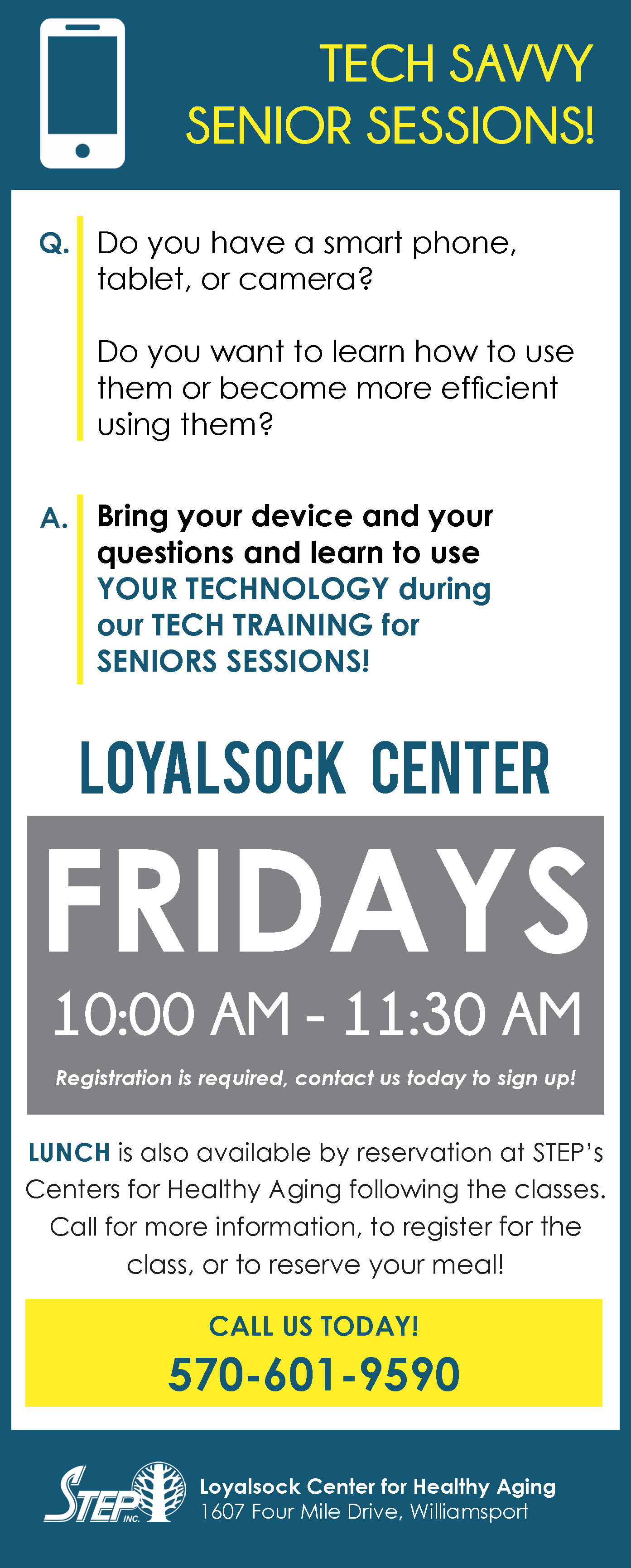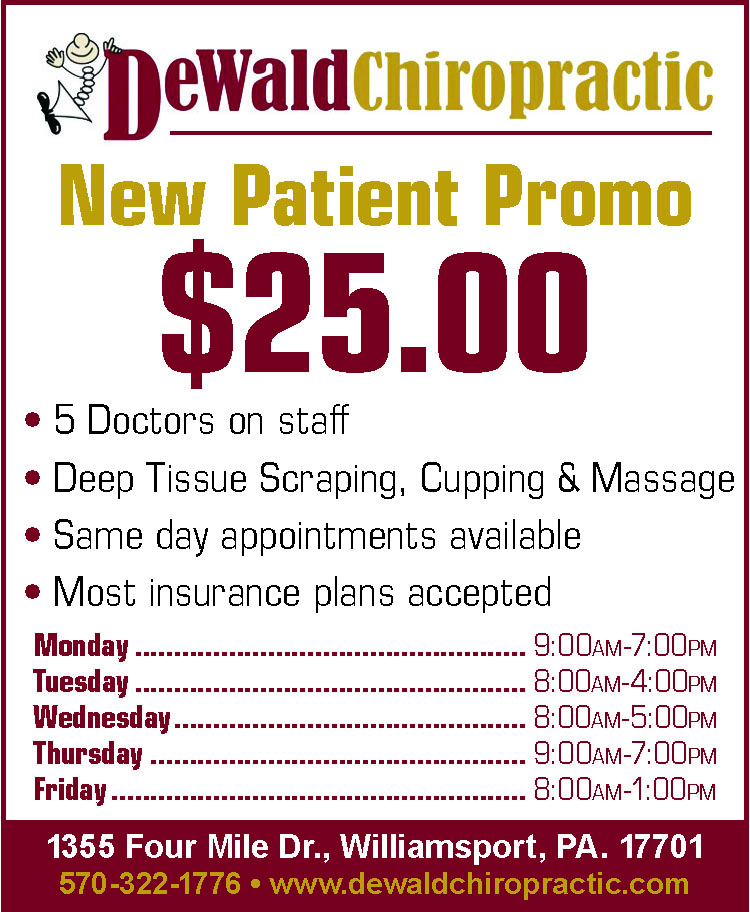The holiday season is right around the corner, a time packed full of gift-giving, shopping extravaganzas, parties, and activities galore. While this season is meant to bring feelings of love and cheer, it can also be one of the most stressful times, putting added strain on your heart.
Stress is a part of life, and everyone responds to stress a little differently. While stress itself is not going to set you up for heart disease, your behavior, and the way you deal with stress can play a role in heart health.
When you experience stress, your body releases cortisol and adrenaline to initiate the “fight or flight” response. This reaction gives you a burst of energy and strength to fight off or run away from a perceived threat. But if stress is always present and the body is constantly preparing to fight or flee, that elevated cortisol level can lead to anxiety, difficulty sleeping, and weight gain. It also can lead indirectly to high blood pressure, which is a risk factor for heart disease and stroke.
Beat the holiday stress this year and learn to love the holidays while keeping your heart health in check with the following simple tips:
Eat Healthfully – Plan ahead when you’re attending big gatherings. Look over all the food offerings and pick and choose carefully — moderation is key. Remember, you don’t have to sample everything. Make sure you are choosing nutritious options such as fruits and vegetables for more energy.
Limit Alcohol Consumption – Just like with food, moderation is key. Enjoy the holiday, but remember to treat your body well, so you have the energy, stamina, and health to make it through all your holiday celebrations. Alcohol can interrupt sleep patterns, cause stomach issues, and increase depression.
Exercise – Don’t let a busy schedule get in the way of enjoying healthy activities. Regular exercise is a great stress-reducing tool and outlet for the body. Additionally, it helps you sleep better at night, keeps the blood flowing and heart pumping, and encourages the body to release endorphins — the feel-good chemical in our bodies. Stretched for time, park far away at stores or events and enjoy the extra steps or consider walking or riding your bike to the holiday gathering at a friend’s house instead of driving.
Substitute Healthy Indulgences – If you’re feeling stressed, don’t reach for the eggnog or holiday cookies. Instead, look for a healthy way to relax such as taking a hot bath, journaling, or reading a book, turning on your favorite holiday movie, or calling an old friend.
Get Your Sleep – If you’re struggling with fatigue and sleeplessness, it is a signal that you need to step back and take some time for yourself. Sleep is your body’s way to recharge, and people who don’t sleep enough are at higher risk for cardiovascular disease and coronary heart disease — regardless of age, weight, smoking, and exercise habits.
Don’t Overcommit – Stay focused on what is important during the holidays. You don’t have to say yes to every invitation or holiday get-together. Consider what is best for you, it will help you deal with the stress of this busy time of year.
Listen to Your Body – If you start to get tired or worn down, it’s time to look at rebalancing your life commitments. Recognizing the signals your body is sending you will allow you to take the steps to slow down and evaluate your health and wellness, helping avoid a potential health issue. If you have symptoms such as chest pains, heart palpitations, shortness of breath, dizziness, or fatigue, listen to what your body is telling you and call 911 as these could be warning signs of a heart attack.
Talk About It – Stress is not something you have to handle alone. Let your family and friends know if you’re feeling overly stressed. Sometimes just talking about your stress will help you feel better, and those you’re sharing with may be able to help you reduce your stress.
Stress can really take its toll on the heart, so it’s important to learn to manage your stress levels not just over the holidays, but year-round. If you’re looking for help, talk to your provider who can help you develop an effective stress-reduction plan tailored to your lifestyle and needs.
by Thomas Scott, D.O.
Cardiologist, UPMC Heart & Vascular Institute
Thomas Scott, D.O., is a cardiologist with UPMC Heart and Vascular Institute and sees patients at the Health Innovation Center, 740 High St., Williamsport. To schedule an appointment with Dr. Scott, call 570-321-2800, and to learn more about UPMC Heart and Vascular Institute services, go to UPMC.com/HeartNCPA.



